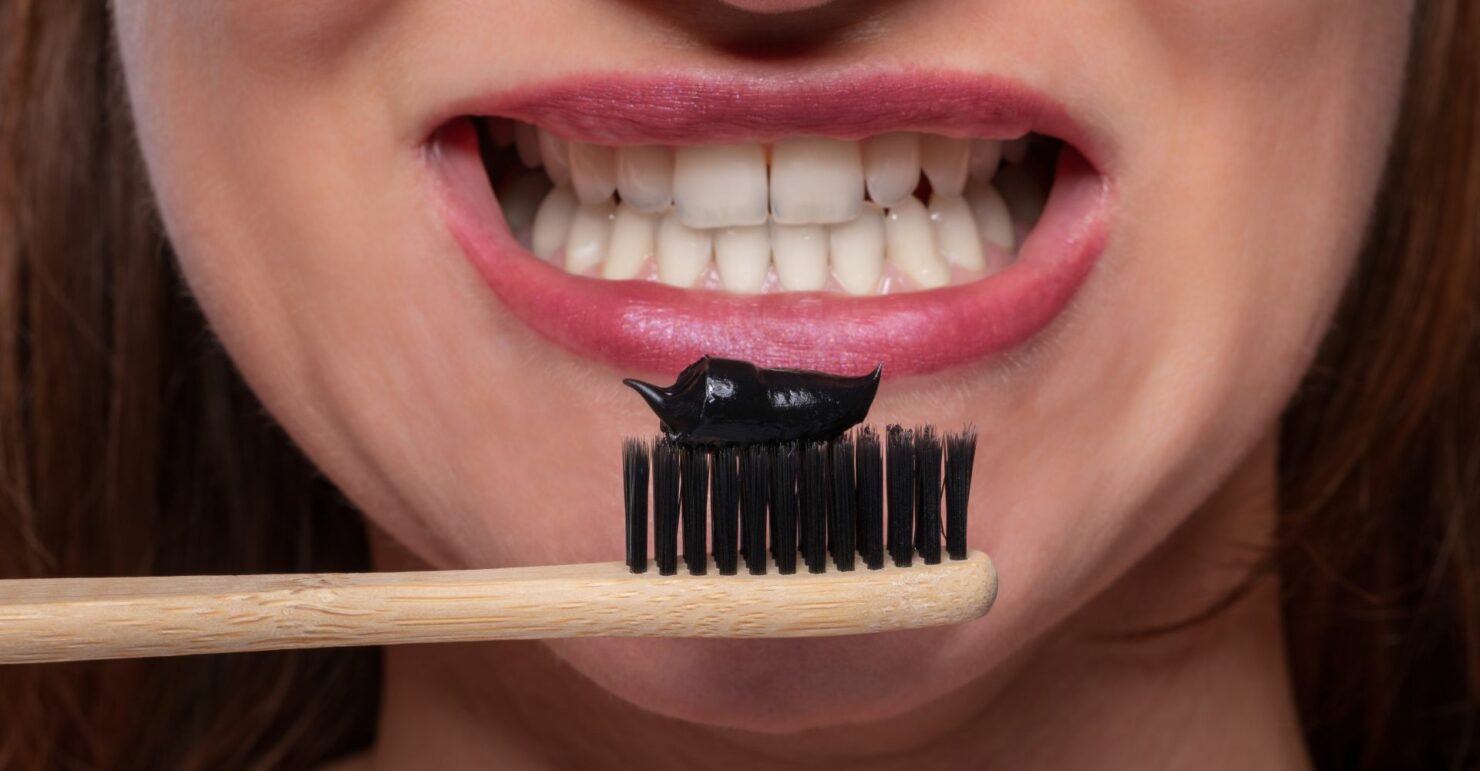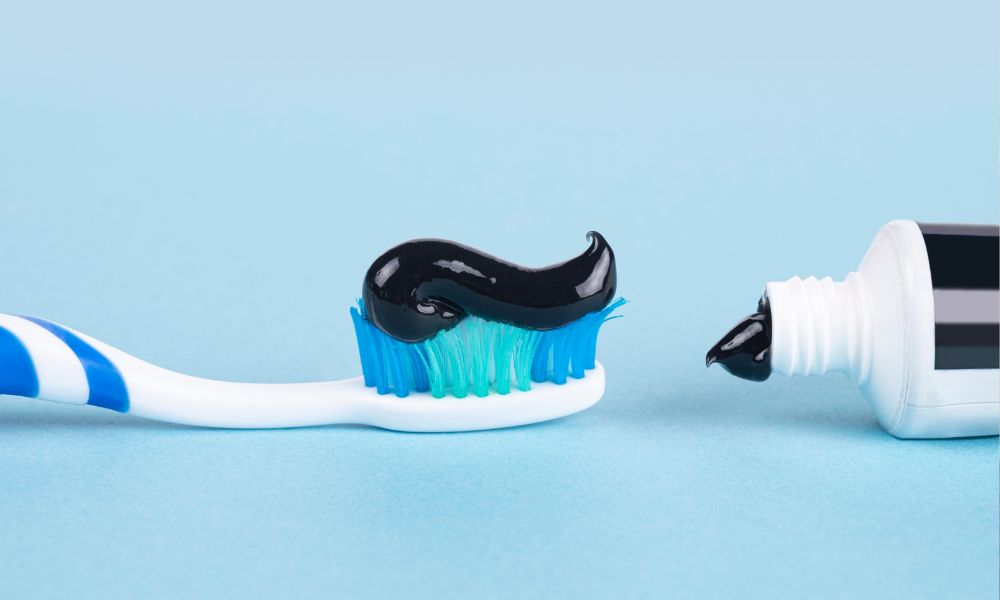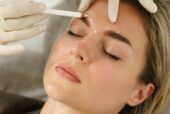Charcoal toothpaste is rising in popularity as a at home teeth whitening method. Social media seems flooded with pictures of people with blackened teeth but how well does this product really work? Teeth whitening is a massive industry and this low cost option may be worth checking out.
Ads (Sponsored):
To start, teeth whitening is not a new concept by any means. In fact, people have been trying to find ways to achieve brighter teeth since ancient times. Charcoal toothpaste is a relatively new product on the market and its efficacy is still being debated.
So, does charcoal toothpaste actually work?
The short answer is yes, but it’s not a miracle worker. It will not completely transform your teeth from yellow to pearly white in one use. However, it can help to remove surface stains and discoloration over time with regular use.
How does charcoal work on teeth?
The main ingredient in most charcoal toothpastes is activated charcoal.1 This is a type of carbon that has been treated to make it more porous. The porous nature of activated charcoal makes it good at absorbing things.
When you brush your teeth with a charcoal toothpaste, the activated charcoal binds to the plaque and bacteria on your teeth. This helps to remove these substances from your teeth and leaves them looking brighter and cleaner. In addition to its teeth whitening properties, activated charcoal is also effective at reducing bad breath. This is because it can help to remove the bacteria that cause bad breath from your mouth.
If you’re interested in trying out a charcoal toothpaste, there are a few things you should keep in mind. First, it’s important to choose a toothpaste that contains pure activated charcoal. Many products on the market mix activated charcoal with other ingredients that can actually be harmful to your teeth.
Second, you should be aware that charcoal toothpastes can be quite abrasive. This means they may not be suitable for people with sensitive teeth. If you have sensitive teeth, you may want to try a product that contains a lower concentration of activated charcoal.
Finally, it’s important to remember that charcoal toothpastes are not a substitute for regular dental care. You should still brush twice a day and floss regularly. Charcoal toothpastes can be used in addition to your regular dental care routine to help achieve brighter teeth.
Does Baking Soda Work For Whitening Teeth?
Baking soda is another popular teeth whitening method.2 Like charcoal, baking soda is a good at removing surface stains from teeth. Baking soda is also effective at reducing bad breath. The main downside of baking soda is that it can be quite abrasive. This means it may not be suitable for people with sensitive teeth. If you have sensitive teeth, you may want to try a product that contains a lower concentration of baking soda.
How Often Should You Brush Your Teeth?
You should brush your teeth at least twice a day. However, you may need to brush more often if you eat or drink foods that can stain your teeth. If you smoke cigarettes, you should also brush more frequently to remove the stains from your teeth.
In addition to regular brushing, you should also floss your teeth at least once a day. Flossing helps to remove plaque and bacteria from between your teeth and under your gumline. You may also want to consider using a mouthwash. Mouthwashes can help to kill bacteria and freshen your breath. Look for a product that contains fluoride to help protect your teeth from cavities.
Ads (Sponsored):
Colgate Invests Into Charcoal Research
One of the major toothpaste and dental brands Colgate has been shifting focus to creating some charcoal based products to keep up with consumer demand. The company working with dental associations has come up with ways to make the charcoal less abrasive and more formulated to take care of the fragile enamel located on our teeth’s surface.3 Another interesting component to using charcoal toothpastes is the debate over soft or hard bristles on your toothbrush but modern research has found that softer bristles are actually much better at keeping your teeth clean as well as keeping the enamel protected. You can even purchase bamboo based bristle toothbrushes now which help to keep nasty plastic compounds off your teeth which is a growing trend in todays toothbrush manufacturers.
So Does Charcoal Toothpaste Really Work Then?
Yes, charcoal toothpaste can help to remove surface stains from teeth and reduce bad breath. However, it’s important to choose a product that contains pure activated charcoal and to brush carefully to avoid damaging your teeth. You should also continue to brush twice a day and floss regularly. Charcoal toothpastes can be used in addition to your regular dental care routine to help achieve brighter teeth. What are your thoughts on charcoal toothpaste? Have you tried it? Let us know in the comments!
Reference:






